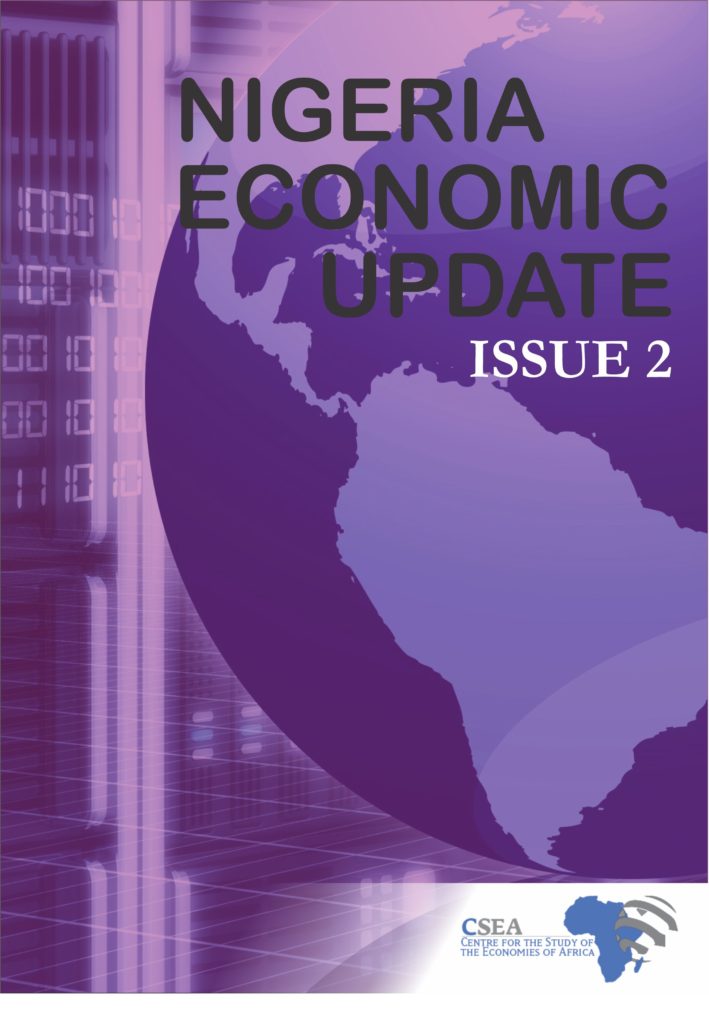Macroeconomic Report & Economic Updates

January 29, 2018
Nigeria Economic Update (Issue 2)
International rating body, Fitch, has projected higher economic growth for Nigeria in 2018. The body estimated that Nigerias economy will grow by 2.6 percent, slightly higher compared to projections from the International Monetary Fund (2.1 percent) and The World Bank (1 percent). A myriad of factors may have driven the projected increase: improved availability of forex for the non-oil sector, higher government capital expenditure capability driven by more oil revenue, and fiscal stimulus. However, the relatively strong economic growth projected by Fitch and IMF may be hampered
Related
Nigeria Economic Update (Issue 18)
Recent Data released by the Nigeria Bureau
of Statistics reveals an increase in total public debt stock between 2015 and
2016. Foreign and domestic debt stock stood at $11.4 billion and N14.0 trillion
respectively as at December 2016, from $10.7 billion and N10.5
trillionrecorded as at December 2015. Disaggregated
data shows that foreign debt sources comprised Multilateral ($8.0 billion),
Bilateral ($0.2 billion) and Exim bank of China ($3.2 billion); domestic
sources included government bonds, treasury bills and bonds. The federal
government and states accounted for 68.7% and 31.3% respectively of foreign
debt stock; 78.9% and 21.1% respectively of domestic debt stock. This maybe
particularly at the backdrop of government borrowings in 2016 to finance its
expenditure (mostly recurrent).
Nigeria Economic Update (Issue 37)
OPEC Monthly oil report reveals that Nigeria
recorded the highest month-on-month increase in crude oil production among the
OPEC member countries in August 2017. Specifically, at an increasing rate of 8
percent, domestic oil production rose to pre-2016 level of 1.86 million barrels
per day in August 2017. With ongoing repairs in the sector, oil
production could get to 2.2 million barrels per day in the near term, albeit
the prior voluntary agreement to cap production at 1.8 million barrels per day.
Going forward, there is need to address poor planning and policy
inconsistencies in the sector, in order to ensure the influx of investors who
have channeled their investments to other African countries due to laxity in
policies in the sector.
